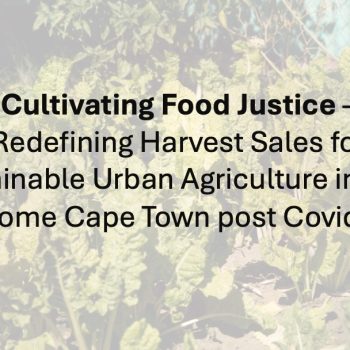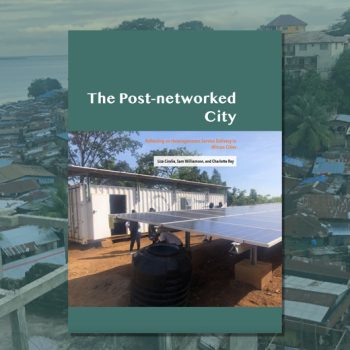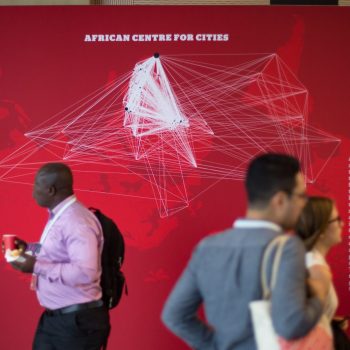WIEGO’s statistical work
Statistics have power… When statistics are in the hands of activists, then struggles are strengthened.
Ela Bhatt, founder of the Self Employed Women’s Association
WIEGO’s statistics work within the Inclusive Cities project involves collecting and analysing statistical data towards establishing an up-to-date and concise statistical picture of size and contribution of the informal economy in urban areas in general and in a number of large cities in particular. Where the data allows, profiles have been constructed for waste pickers, street vendors and home-based workers. Furthermore, researchers are reflecting on the strengths and limitations of existing data collection techniques, so as to facilitate cross-country learning about how best to capture statistics on the urban informal economy. A key finding through data analysis thus far, is that informal work, rather than being the exception, is the dominant mode of work in most towns and cities in the developing world.
Regional estimates, city-level statistics, and worker-group statistics have been collected and compiled for comparison in regularly updated summaries of available data.
WIEGO Working Papers (Statistics)
Wills, Gabrielle. 2009. South Africa’s Informal Economy: A Statistical Profile. WIEGO Working Paper (Statistics) No. 6.
Chen, Martha and G. Raveendran. 2011. Urban Employment in India: Recent Trends and Patterns. WIEGO Working Paper (Statistics) No. 7.
Esquivel, Valeria. 2010. The Informal Economy in Greater Buenos Aires: A Statistical Profile. WIEGO Working Paper (Statistics) No. 8.
Herrera, Javier, Mathias Kuépié, Christophe J. Nordman, Xavier Oudin and François Roubaud. 2012. Informal Sector and Informal Employment: Overview of Data for 11 Cities in 10 Developing Countries. WIEGO Working Paper (Statistics) No. 9.
Statistical Briefs
Vanek, Joann and Chen, Martha A. and Raveendran, Govindran. 2012. A Guide to Obtaining Data on Types of Informal Workers in Official Statistics. WIEGO Statistical Brief No. 8.
Budlender, Debbie. 2011. Measuring Informal Employment in South Africa: The New Quarterly Labour Force Survey. WIEGO Statistical Brief No. 7.
Budlender, Debbie. 2011. Statistics on Informal Employment in Ghana. WIEGO Statistical Brief No. 6.
Budlender, Debbie. 2011. Statistics on Informal Employment in Kenya. WIEGO Statistical Brief No. 5.
Budlender, Debbie. 2011. Statistics on Informal Employment in Brazil. WIEGO Statistical Brief No. 4.
Budlender, Debbie. 2011. Statistics on Informal Employment in South Africa. WIEGO Statistical Brief No. 3.
Dias, Sonia. 2011. Statistics on Waste Pickers in Brazil. WIEGO Statistical Brief No. 2.
Tokman, Victor. 2010. Statistics on Domestic Workers in Latin America. WIEGO Statistical Brief No. 1.
Given their mobility, street vendors are a particularly difficult worker group to collect data on. The WIEGO / Inclusive Cities street vendor sector specialist, Sally Roever, has pulled together a guide and resource pack on how best to conduct street traders’ censuses. These methods were tested in StreetNet’s census of street vendors in the Durban area.
Roever, Sally. 2011. How to Plan a Street Trader Census. WIEGO Technical Brief (Urban Policies) No. 2.
This work, using in most cases national data sets, aims to profile the size and contribution of urban informal work both country-wide and then in specific cities, as well as establishing, as far as possible, estimates of the three worker groups – home-based workers, street traders and waste pickers. The research includes methodological reflections.


